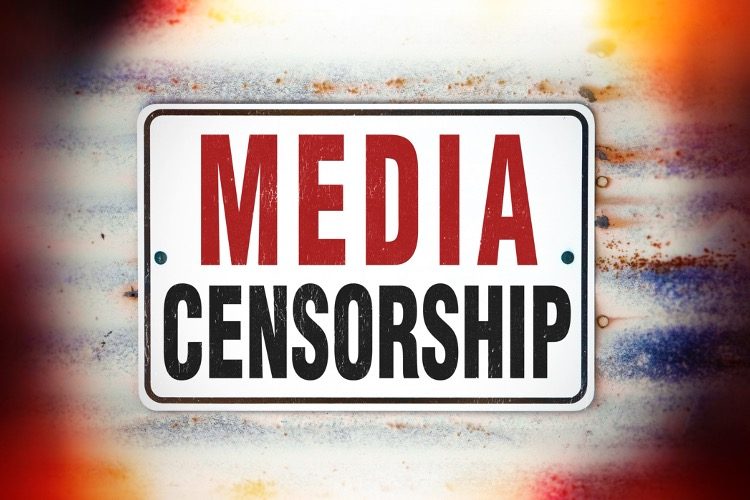
The U.S. Supreme Court ruled in Murthy v. Missouri earlier today regarding the Biden administration influencing social-media companies policy on content and speech.
The question presented to SCOTUS asked if the plaintiffs had Article III standing, and if the Biden administration policy violated rights protected by the First Amendment:
QUESTION PRESENTED: . . . the government respectfully suggests the following questions presented: (1) Whether respondents have Article III standing; (2) Whether the government’s challenged conduct transformed private social-media companies’ content-moderation decisions into state action and violated respondents’ First Amendment rights; and (3) Whether the terms and breadth of the preliminary injunction are proper.
The SCOTUS decision ruled 6-3 in favor of the Biden administration policy, with the majority opinion claiming the censorship actions did not violate the First Amendment and that the social-media companies were actively enforcing content policy before the Biden administration. As stated in the decision:
For years, the platforms have targeted speech they judge to be false or misleading. For instance, in 2016, Facebook began fact checking and demoting posts containing misleading claims about elections. Since 2018, Facebook has removed health-related misinformation, including false claims about a measles outbreak in Samoa and the polio vaccine in Pakistan. Likewise, in 2019, YouTube announced that it would “demonetize” channels that promote anti-vaccine messages. In 2020, with the outbreak of COVID–19, the platforms announced that they would enforce their policies against users who post false or misleading content about the pandemic. As early as January 2020, Facebook deleted posts it deemed false regarding “cures,” “treatments,” and the effect of “physical distancing.”
In fact, the platforms, acting independently, had strengthened their pre-existing contentmoderation policies before the Government defendants got involved. For instance, Facebook announced an expansion of its COVID–19 misinformation policies in early February 2021, before White House officials began communicating with the platform. And the platforms continued to exercise their independent judgment even after communications with the defendants began. For example, on several occasions, various platforms explained that White House officials had flagged content that did not violate company policy. Moreover, the platforms did not speak only with the defendants about content moderation; they also regularly consulted with outside experts.
Associate Justices Samuel Alito, Clarence Thomas, and Neil Gorsuch dissented, with Alito stating the sophisticated censorship campaign was blatantly unconstitutional, writing in the dissenting opinion:
The Court, however, shirks that duty and thus permits the successful campaign of coercion in this case to stand as an attractive model for future officials who want to control what the people say, hear, and think. That is regrettable. What the officials did in this case was more subtle than the ham-handed censorship found to be unconstitutional in Vullo, but it was no less coercive. And because of the perpetrators’ high positions, it was even more dangerous. It was blatantly unconstitutional, and the country may come to regret the Court’s failure to say so. Officials who read today’s decision together with Vullo will get the message. If a coercive campaign is carried out with enough sophistication, it may get by. That is not a message this Court should send.



